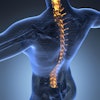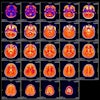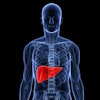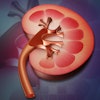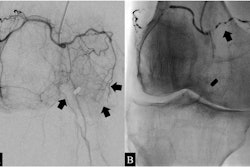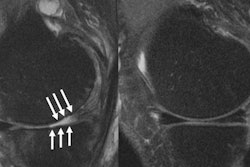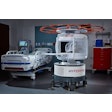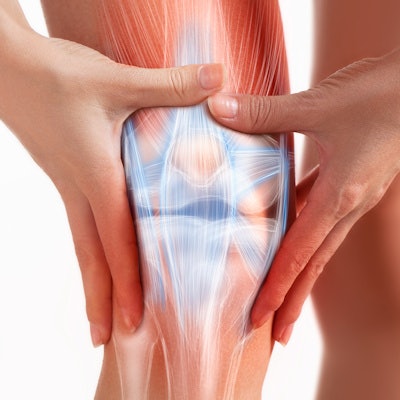
TORONTO - Low-field, portable MRI effectively detects injuries to the ligaments and tendons of the knee joint, according to research presented June 5 at the International Society for Magnetic Resonance in Medicine (ISMRM) meeting.
The findings bode well for patient care, as they suggest that access to MR imaging for musculoskeletal indications can be expanded, according to presenter Jennifer Watchmaker, MD, PhD, of Icahn School of Medicine at Mount Sinai, New York City.
"While high-field imaging provides impeccable detail of the joint, cartilage, and surrounding structures, obtaining these studies can be challenging due to limited accessibility, high cost, and long wait times," she and colleagues wrote. "In this work, we [demonstrate] that low-field [portable] MRI is sensitive in the detection of the ligaments and tendons of the knee joint in an expanded cohort, and that at both low and high-field, the structural integrity of commonly injured ligaments can be evaluated."
Imaging the knee to evaluate acute and chronic conditions such as ligament injury, bony edema, and fracture, typically tends to be done with 1.5-testla to 3-tesla MRI. But access to this technology can be difficult. Low-field imaging has been shown to effectively identify the six tendons and ligaments of the knee joint, making it a viable way to expand access to MR imaging for this indication.
Watchmaker's group presented data at last year's ISMRM meeting that showed that point-of-care knee MRI using portable MRI technology developer Hyperfine's Swoop portable scanner was feasible and effective. In this research, the group expanded its investigation, comparing the device's performance between three patients with knee pathology and 26 healthy volunteers. All subjects underwent a Swoop exam; five underwent both the Swoop exam and a 3-tesla MR exam. Swoop has a field strength of 0.064-tesla and gradient strengths of 26 mT/m (z-axis) and 25 mT/m (x- and y-axis), according to the investigators. Total scan time for Swoop exams was 30 minutes, they noted.
All subjects successfully completed the portable MRI exams. The Swoop exams showed the following severity of injury scores:
| Severity of injury scoring for portable MRI for knee ligaments (with Grade 1 = mild and Grade 3 or higher = severe) | |
| Ligament | Score |
| Anterior cruciate ligament (ACL) | 3.5 |
| Lateral collateral ligament (LCL) | 2.6 |
| Medial collateral ligament (MCL) | 3.8 |
Low-field, portable MRI definitely shows promise for musculoskeletal imaging, according to Watchmaker and colleagues.
"Incorporation of low-field imaging may serve to provide timely diagnoses of tendinous/ligamentous tear, to evaluate edema which often portends fracture [and is often hidden] on plain radiographs, and may prove to be a facile modality to ensure integrity of structural repair postoperatively," they concluded.


